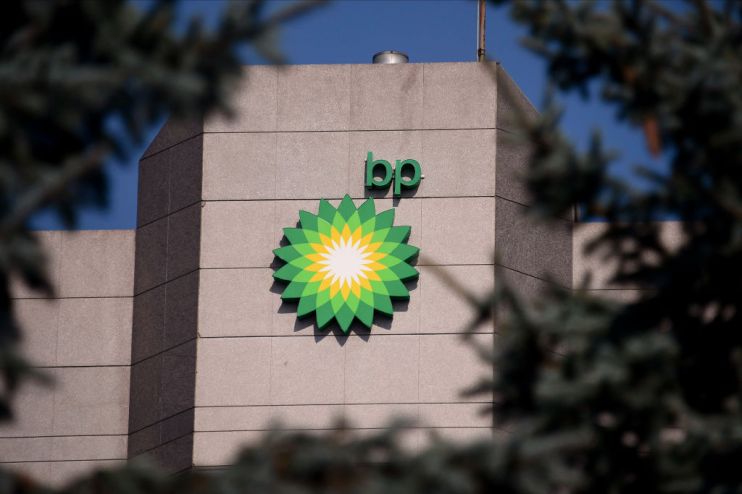For businesses and countries alike, we must turbocharge the race to net zero

Ed Boyd, executive director and founder of ReGenerate, proposes a policy to accelerate businesses joining the race to net zero emissions.
As any business leader knows, deadlines produce results. And when it comes to tackling climate change, the government has a big one.
I am not talking about the waves of economic and environmental catastrophe that may hit us in decades to come. Since we can not see it materially in front of us, this is too distant to create that deadline day inspiration.
Instead, I am talking about the next global climate conference, COP26, which the UK is co-hosting in November 2021 in Glasgow. It will matter deeply to this government, not just because of the importance of the topic, but also because it is a big test of the UK’s global leadership credentials after Brexit.
It will not be easy. Arguably, the last landmark climate conference was held in 2015, and produced the Paris Agreement. That created unprecedented cooperation and a step forward in the fight against climate change, with most countries signing up to try to limit global warming to well below two degrees celsius and to pursue efforts to limit it to 1.5 degrees celsius.
This time around it is different. It will be far harder to persuade governments from around the world to work together. America is on the brink of pulling out of the Paris Agreement and relations between the west and China are hardly cordial at the moment.
How then, can the UK lead the world in tackling climate change at COP26, at a time when nations are divided?
In short, they will need to rely just as much on the business community as nations for radical commitments. It is only by unlocking the immense power of businesses that the UK can create a global movement with the potential to tackle climate change and help the world reach net zero carbon emissions by 2050.
They need to find a way to create credible and ambitious commitments from companies to invest in meeting the net zero deadline – and not just from the few companies that emit the most, but all of them. This is what will inspire a cultural shift throughout business and consumers.
Some British businesses such as Rolls Royce, BP and Burberry have already made bold declarations about reducing not only their own emissions, but those of companies in their supply chains and other sectors of the economy too. This is great. But we need so much more.
The business secretary, Alok Sharma, has recognised this and is encouraging companies to get on board the United Nations Framework Convention on Climate Change’s (UNFCCC) Race To Zero campaign. This is a global campaign to get businesses to commit to becoming net zero, and reduce their emissions in line with the Paris Agreement.
This is a good first step, but the campaign needs turbocharging.
To do this, ReGenerate suggests in a new paper that the government provides a set of incentives to those companies signing up to the Race to Zero.
These Net Zero Leaders would be given preference in procurement for government contracts, the use of a consumer friendly certification mark, tax incentives for R&D and much more besides.
The government could run an accompanying campaign that heralds those leading their sectors, and encourages more companies to sign up.
We cannot forget that we are still in the shadow of Covid-19 and these are testing times. However, while companies try to recover, they also cannot be complacent about climate change, and returning to business as usual is not an option. Therefore, we propose these policy incentives to encourage businesses both big and small to get on board.
Ed Boyd is executive director and founder of ReGenerate